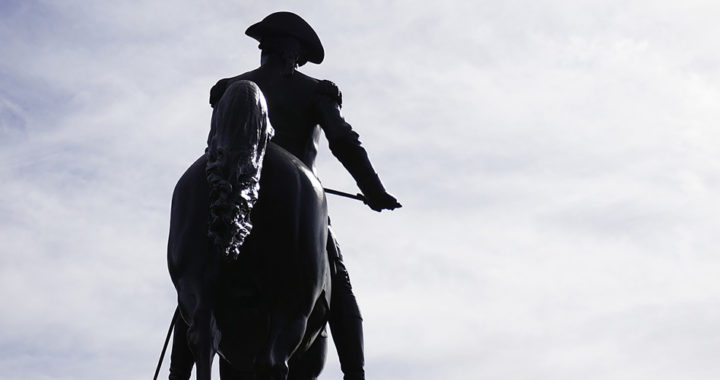The American Revolution that spanned from 1765 to 1783 was a sociopolitical movement and upheaval characterized by a manifested attempt of American colonials from the Thirteen Colonies to challenge the authority of the British Empire.
Aside from civic actions, public demonstrations, and economic maneuvering, the revolution included the American Revolutionary War that lasted from 1775 and 1783 that resulted in the independence of the United States of America from Britain.
But what exactly is the reason behind the American Revolution? Why did the Thirteen Colonies express their intent to break away from the British Empire and proclaim their independence as states capable of self-governance?
A Simplified Explanation of the Causes of the American Revolution
There was a single incident that served as the tipping point leading to the revolution: taxation that felt excessive and unjustified. The British Empire had implemented laws that taxed the economic activities transpiring in the American colonies.
For example, the Parliament of Great Britain passed the Sugar Act in 1764 that affected the Thirteen Colonies through indirect tax and the Stamp Act passed by the Parliament in 1765 that imposed direct tax on the colonies for a range of printed materials such as legal documents, print media, and even playing cards, among others.
American colonials felt that the tax laws developed and implemented by the British were not only excessive but also unrepresented. Their grievance was expressed through the infamous slogan “no taxation without representation” introduced during the 1760s to protest against the Sugar Act and the Stamp Act.
For a number of American colonials, the slogan also reaffirmed their perception that the British Empire had too much political and economic authority over them. It is important to note that this sentiment was already afloat across the colonies as early as the 1600s, especially during the passage of the Navigation Acts starting in 1651.
The Navigation Acts or the Acts of Trade and Navigation were a series of laws developed and implemented by Great Britain that collectively centered on promoting its mercantilist policy. To be specific, these laws regulated maritime movement and trade in the American colonies by barring trade with other foreign nations, thus ensuring that trade would only enrich the British economy.
Nevertheless, merchants and traders, and political figures in the Thirteen Colonies grew tired and weary from the absolutist governance of the British Empire. The series of tax laws passed during the 1760s essentially reinforced the long-held notion that the British were merely exploiting the American colonies. Thus, the American Revolution was born.
It is interesting to note that civic actions characterized the early years of the revolution through public demonstrations and economic maneuvering. American colonials started boycotting British imports and disrupting trade activities. Even women in the colonies played a role by spearheading numerous boycott movements and other socioeconomic advocacies.
The boycotts and trade disruptions culminated in 1773 when a secret organization called the Sons of Liberty destroyed a shipment of tea from Britain in Boston Harbor. The faction from the British side responded by halting the operation of the harbor and implementing a series of punitive measures against the Massachusetts Bay Colony.
Great Britain reclaimed absolute control over Massachusetts after the Boston Harbor incident. The colony lost its charter, thus effectively losing its self-governing privilege. However, the American colonials created the Massachusetts Provincial Congress in 1774 that also involved the creation of militias.
An armed conflict eventually emerged due to the persisting resistance of colonials from Massachusetts. More specifically, fighting between British troops and colonials broke out in April 1775. Several upheavals take place across different areas in the colonies. The different factions that represented the Thirteen American Colonies during the revolution and war were collectively called the American Patriots.
